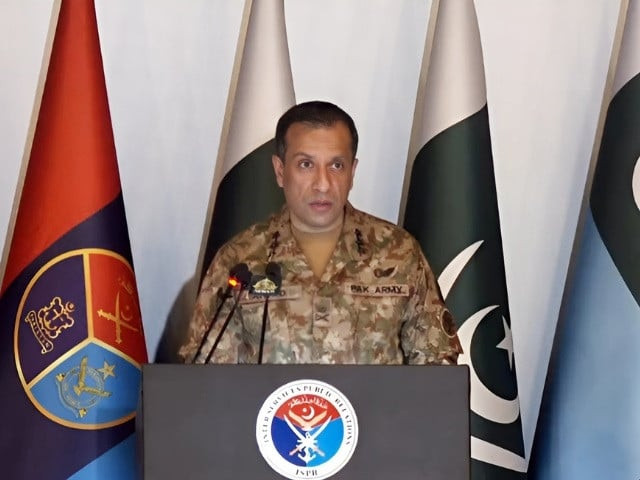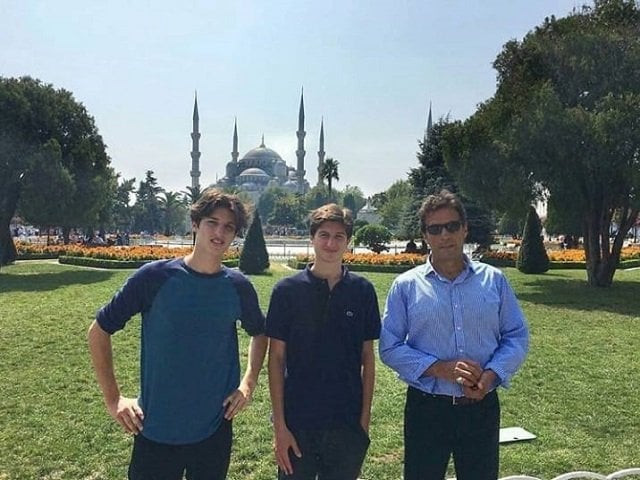Addressing Concerns in Merged Tribal Districts: The Jirga’s Voice
In a significant gathering organized by the Jamiat Ulema-e-Islam-Fazl (JUI-F), tribal leaders came together in Peshawar to voice serious concerns regarding a newly formed committee aimed at reviving the traditional jirga system in the merged districts of Khyber-Pakhtunkhwa (K-P). These areas, once known as the Federally Administered Tribal Areas (FATA), hold a rich cultural history that many leaders argue should guide decisions about their future.
The gathering highlighted a crucial point: any decisions about the merged districts need proper public representation and consultation. JUI-F chief Maulana Fazlur Rehman, along with other senior tribal figures, emphasized that ignoring the voices of the local populace isn’t just disrespectful; it’s fundamentally flawed. After all, this is a region steeped in tradition, and tribal elders from areas like Khyber, Bajaur, and Mohmand must have a seat at the table.
One of the pressing issues discussed was the rising incidents of terrorism and targeted violence in these areas. The elders called for urgent measures to ensure the safety and welfare of their communities. The implications of unchecked violence are clear, and the people need assurance that their lives and properties will be safeguarded.
Moreover, the recently proposed Mines and Minerals Bill was firmly rejected. Tribal representatives argued that it does not serve the interests of locals and may threaten their traditional livelihoods. Instead, they insisted on the necessity to include tribal leaders and Pashtun representatives in discussions to formulate strategies that are inclusive and beneficial for the region.
The formation of a special committee by Prime Minister Shehbaz Sharif to revisit these issues has sparked heated debates. Members of other political parties like the ANP and PTI have expressed their disbelief in the committee’s ability to truly represent the people of the merged districts. As the current discussions move forward, one thing remains clear: any imposed solutions without the genuine input of tribal leaders simply won’t work.
Overall, the jirga’s gathering shines a light on the need for authentic dialogue and representation. It’s about time for a collective effort to ensure that the recommendations coming from these discussions reflect the will and aspirations of the people residing in the tribal belt.
If you’re interested in staying connected with updates on these crucial developments, consider following the insights and community conversations at Pro21st. Engaging with such platforms can foster a deeper understanding of the ongoing issues and the voices that matter most.
At Pro21st, we believe in sharing updates that matter.
Stay connected for more real conversations, fresh insights, and 21st-century perspectives.





